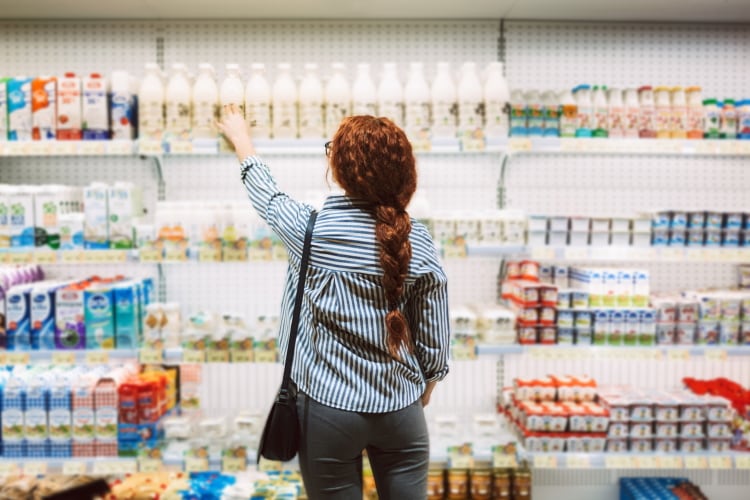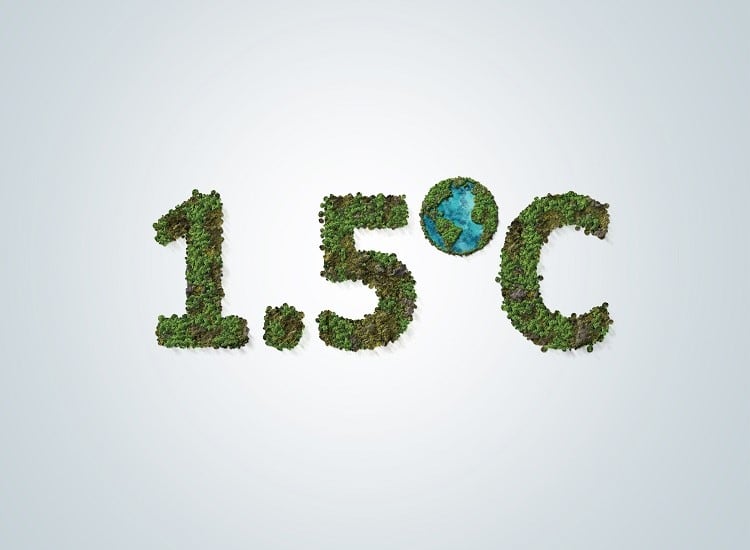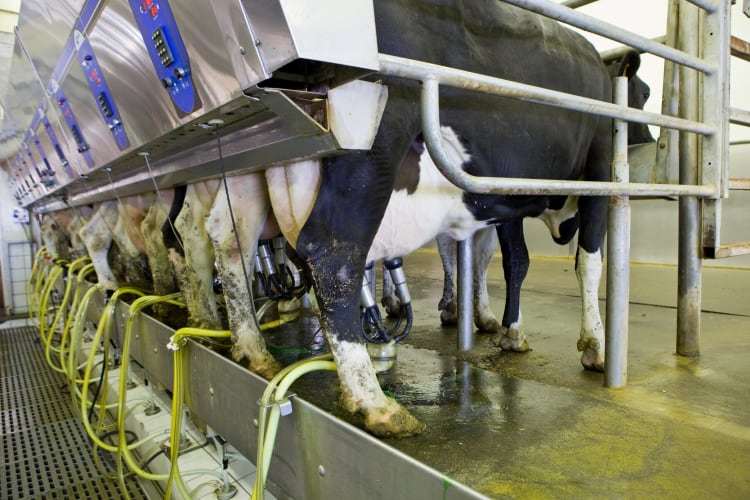Arla’s European milk producers are set to receive an additional eurocent per kilogram of milk (0.85ppkg) as the co-op aims to stimulate production and address rising costs ahead of an unpredictable winter.
Arla’s average pre-paid milk price to farmer owners increased 30.9% in HY 2022 but this is yet to lead to growth in milk supply, which was down to 6.8bn kgs and expected to dive further later in the year. Rising on-farm costs have contributed to the low milk supply, with the co-op stating that the price of fertilizer farmers have had to pay for has gone up by 145%, with fuel (134%) and feed (36%) also much pricier compared to the same period last year.
“It is an extraordinary time for both our farmer owners and the company as food and farming industries experience high levels of exposure to inflationary pressure,” commented Arla Foods CEO, Peder Tuborgh. “I am pleased that we have been able to move the pre-paid milk price up for our farmer owners to help them with their increased production costs. We are now also able to deliver on our first ever half year supplementary payment to support future investments in sustainable actions on their farms.”
Arla revealed that it has fully divested its operations in Russian, which had cost the co-op ‘north of €50m’. Asked if the co-op’s European operations were ready to contend with potential natural gas shortages in the winter, Tuborgh responded that Arla is ‘capable of using alternatives to natural gas’ and that it would most likely turn to oil to ensure continued production at affected locations. In such scenario, the co-op would ‘mostly be able to keep up production’, he added.
Revenue boost
The co-op’s total group revenue has climbed to €6.38bn, up 17% from €5.44bn in 2021, driven by steep price rises across Arla’s retail and food service and commodity trading businesses. In Europe and the UK, revenue increased to €3.53m compared to €3.19m in 2021, while the international segment rose to €1.22m vs €1.03m last year.
As a result, the co-op has adjusted its revenue outlook for the second part of 2022 to 13.5%-14%, up from 12-12.7%. Year-end leverage expectations are 2.7-3.1% and net profit share 2.8-3.0%. Arla achieved a net profit of €192m, or 3& of revenue, which is within the co-op's target range for the year.
The upward pricing trend that fuelled the earnings growth is set to be sustained in the second part of the year, as global milk production is expected to decrease further. This is likely to affect consumer confidence and global growth, the co-op predicted.
Branded volume-driven growth slows
Branded volumes, up 5.6% in 2021 and 10.4% in 2020, fell to -0.1%, with the co-op blaming food inflation for forcing consumers to buy less. As a consequence, volume-driven revenue growth for 2022 has been lowered to between -3% and -2% from a previous outlook of 0-2.5%.
But Arla’s strategic brands delivered a revenue increase of 12.7% thanks to price increases. In the UK however, branded earnings fell 6.3%, a 4.5% decline on 2021 due to lower at-home consumption; but Starbucks revenue rose 19% driven by on-the-go increased consumption.
Arla’s food service business delivered branded volume growth above pre-COVID levels of 19%, mainly driven by the Danish and UK markets and by the Arla Pro and Lurpak. Arla Food Ingredients also sustained a stable performance as it grew to €460m vs €387m in 2021.
Looking ahead to the second part of the year, Tuborgh concluded: “2022 continues to be characterized by volatility and inflation, exacerbated by Russia’s invasion of Ukraine. Changes in consumer behavior continue to be multifaceted and difficult to predict and we expect our branded growth will slow down further. As a cooperative, we remain committed to be in a position to pay out the second instalment of our planned full year supplementary payment of a total of at least 1.5 eurocent per kilo of milk to our farmer owners.”



